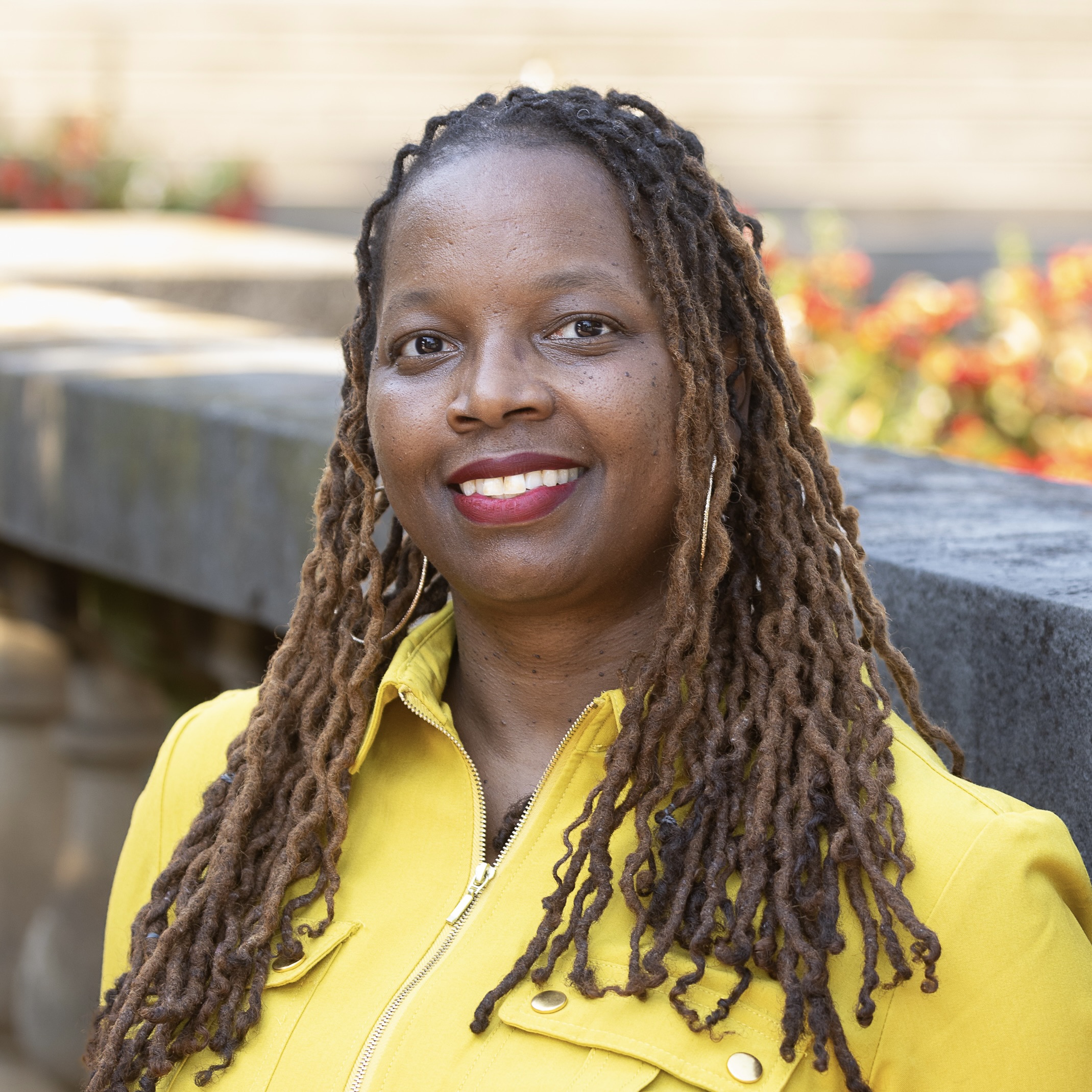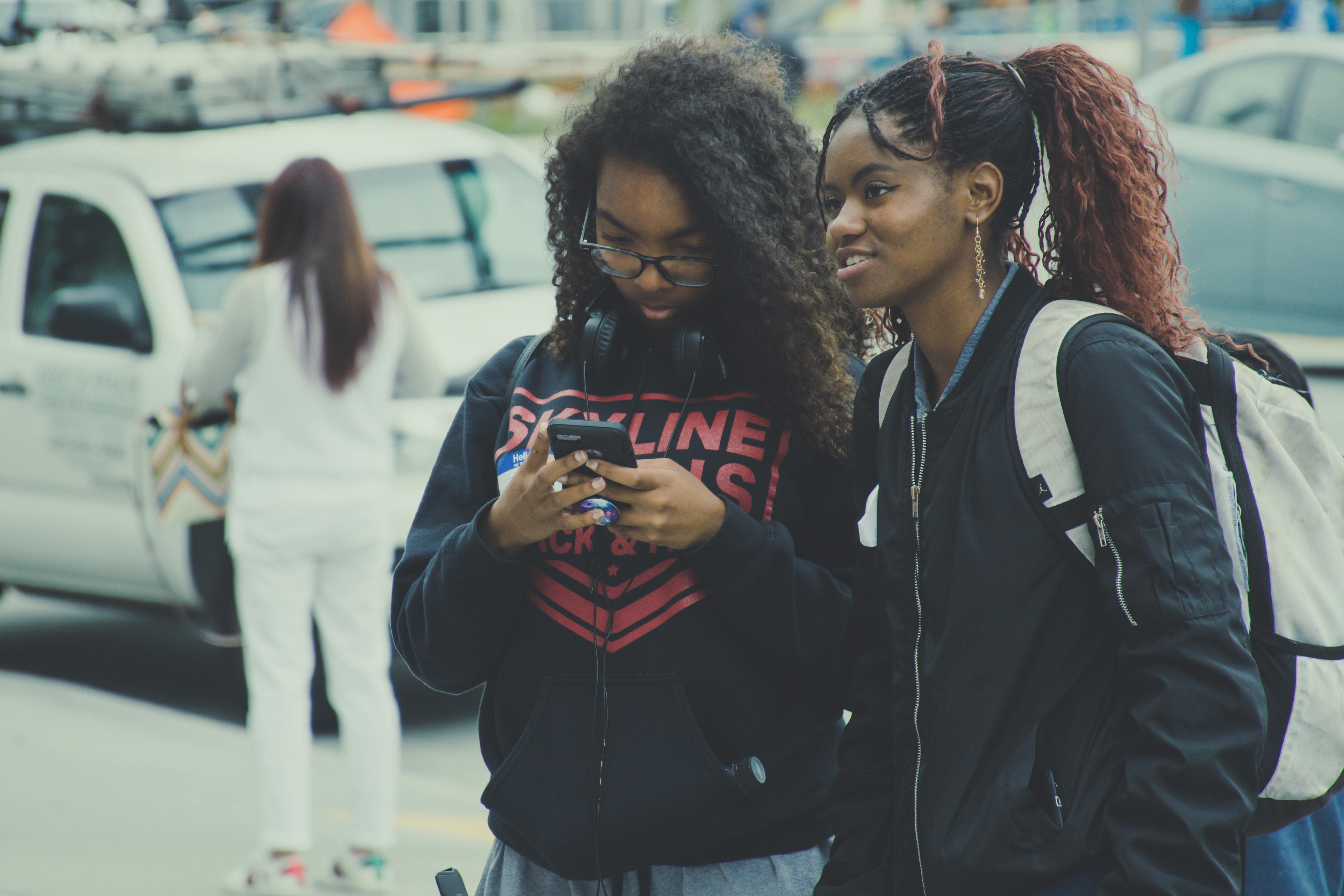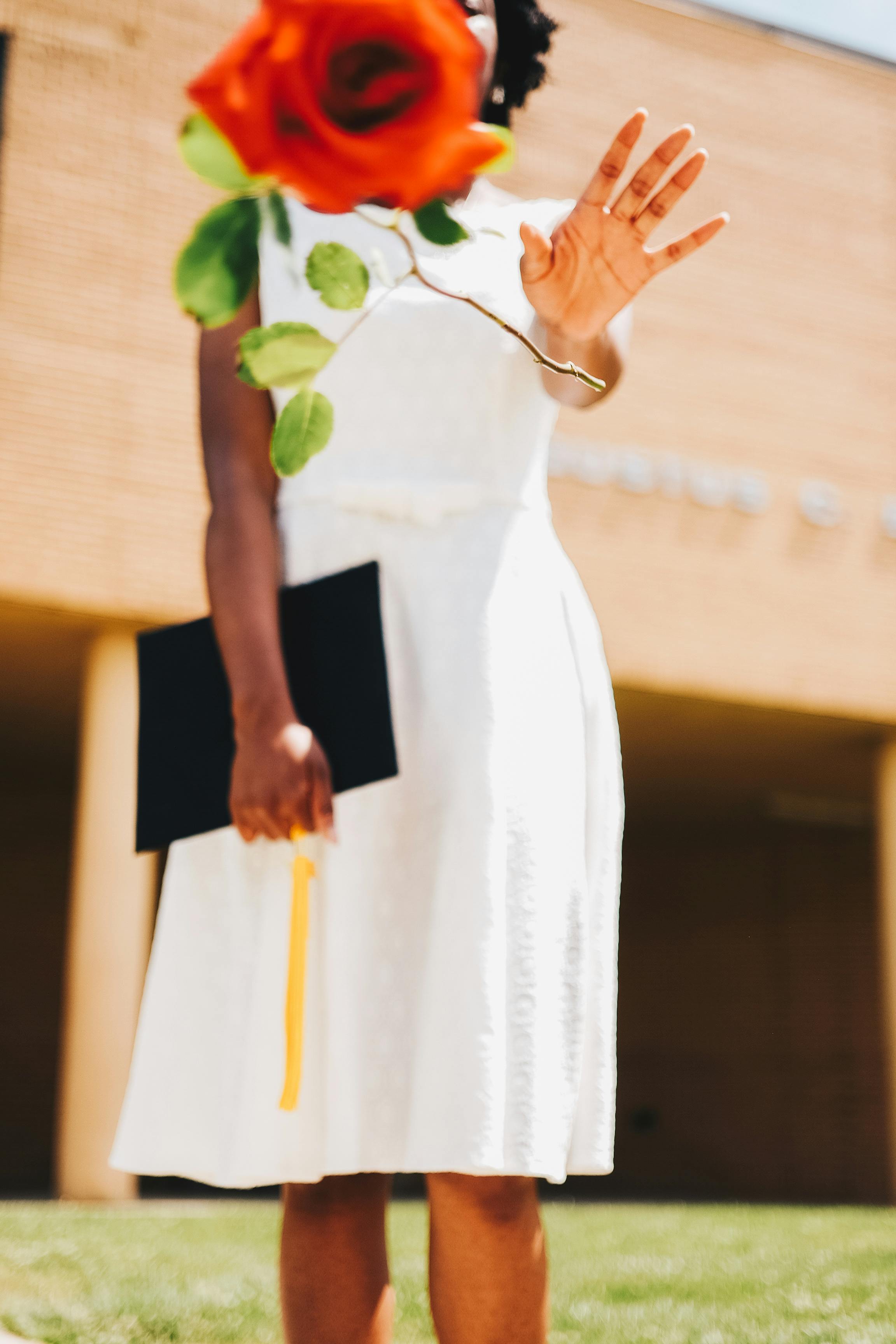Black Girl Autopoetics and African American Intellectual History
 Ashleigh Greene Wade is Assistant Professor of Digital Studies, jointly appointed in Media Studies and African American Studies. Broadly speaking, her work traverses the fields of Black girlhood studies, digital and visual media studies, Black Feminist theory, and digital humanities. Professor Wade’s monograph, Black Girl Autopoetics: Agency and Possibility in Everyday Digital Practice (Duke University Press), explores the role of Black girls’ digital practices in documenting and preserving everyday Black life.
Ashleigh Greene Wade is Assistant Professor of Digital Studies, jointly appointed in Media Studies and African American Studies. Broadly speaking, her work traverses the fields of Black girlhood studies, digital and visual media studies, Black Feminist theory, and digital humanities. Professor Wade’s monograph, Black Girl Autopoetics: Agency and Possibility in Everyday Digital Practice (Duke University Press), explores the role of Black girls’ digital practices in documenting and preserving everyday Black life.
On March 8 - 9, 2024, University of Virginia’s Woodson Institute hosted the African American Intellectual History Society’s (AAIHS) Annual Conference. The event convened scholars, activists, and public figures around the subject of “Reparations: Past, Present, and Future.”
I had the honor of participating in an AAIHS roundtable session about my new book, Black Girl Autopoetics: Agency in Everyday Digital Practice (Duke University Press). Paula Austin from Boston University chaired the panel, and UVA’s own Justene Hill Edwards (History) and Corinne Field (Women, Gender, and Sexuality) joined the conversation as discussants. The following themes emerged from our discussion of how Black Girl Autopoetics coincides with the topics of Black childhoods, intellectual history, and repair.
Black Girls in the American Education System
 Black Girl Autopoetics highlights how the American educational system often disempowers Black girls. While the book explores Black girls’ subjectivities far beyond their roles as students, the imbrication of Black girlhood and schools cannot be overlooked in a text that centers on Black girls’ everyday lives. The first chapter of Black Girl Autopoetics, which chronicles my ethnographic work in Richmond, Virginia, offers examples of how hyper-surveillance and over-policing affect Black girls in schools. Black girls face overt policing of their bodies and behaviors through dress codes and restrictive cell phone policies, as well as more covert policing practices couched in respectability politics. For example, the volume of Black girls’ voices and the content of their conversations do not necessarily correspond to written school rules; instead, responses to these features of Black girls’ interactions reflect expectations of respectable feminine presentation. These attitudes have a direct impact on the (mis)treatment Black girls receive in schools and how they navigate their educational experiences.
Black Girl Autopoetics highlights how the American educational system often disempowers Black girls. While the book explores Black girls’ subjectivities far beyond their roles as students, the imbrication of Black girlhood and schools cannot be overlooked in a text that centers on Black girls’ everyday lives. The first chapter of Black Girl Autopoetics, which chronicles my ethnographic work in Richmond, Virginia, offers examples of how hyper-surveillance and over-policing affect Black girls in schools. Black girls face overt policing of their bodies and behaviors through dress codes and restrictive cell phone policies, as well as more covert policing practices couched in respectability politics. For example, the volume of Black girls’ voices and the content of their conversations do not necessarily correspond to written school rules; instead, responses to these features of Black girls’ interactions reflect expectations of respectable feminine presentation. These attitudes have a direct impact on the (mis)treatment Black girls receive in schools and how they navigate their educational experiences.
Black Girls’ Agency in Constructing Their Social Media Worlds
In the face of oppressive institutions, Black girls still have agency in how they construct their worlds, especially when it comes to their social media content. Their manipulation of platform affordances to mitigate surveillance speaks to a keen sense of how social media works. Along with strategic placement and sharing of their digital content, Black girls often use social media to represent different stages in their lives. With the girls who participated in the research for Black Girl Autopoetics, I noticed how many of them changed the content of their Instagram accounts as they got closer to graduating from high school to curate social media profiles that signal their well-roundedness and suitability for college. These examples of Black girls’ agency in social media spaces illustrate how Black girls exhibit control over their self-presentation against sociocultural contexts that misread or misrepresent them, thereby operating as a form of repair.
Ethics of Archiving Black Girls’ Social Media Content
 Towards the end of the roundtable discussion, we began a conversation about the ethical tensions between archiving Black girls’ lives and respecting their privacy and right to remove their content from digital platforms. On the one hand, we want to preserve Black girls’ stories, but we also recognize that some Black girls may not want things they shared online as a child to be memorialized. While there are certainly no perfect responses to this dilemma, there are ways to allay the tension, particularly in online spaces. Some digital archiving software allows for collecting content without displaying it. This is one way that Black girls’ stories can be collected and documented without necessarily being shared on a wide scale. Another way to address this tension is to create online archives with clear terms and statements that allow people to submit their material with the understanding that submission to the archive grants permission for the archive to share the content. With ethical terms and conditions, contributors to the archive would retain the right to have their material removed upon request.
Towards the end of the roundtable discussion, we began a conversation about the ethical tensions between archiving Black girls’ lives and respecting their privacy and right to remove their content from digital platforms. On the one hand, we want to preserve Black girls’ stories, but we also recognize that some Black girls may not want things they shared online as a child to be memorialized. While there are certainly no perfect responses to this dilemma, there are ways to allay the tension, particularly in online spaces. Some digital archiving software allows for collecting content without displaying it. This is one way that Black girls’ stories can be collected and documented without necessarily being shared on a wide scale. Another way to address this tension is to create online archives with clear terms and statements that allow people to submit their material with the understanding that submission to the archive grants permission for the archive to share the content. With ethical terms and conditions, contributors to the archive would retain the right to have their material removed upon request.
Connecting Black Girl Autopoetics to African American Intellectual History
Ultimately, Black Girl Autopoetics is an archival text that documents Black girls’ cultural products and content beyond specific social media platforms. Returning to the AAIHS conference theme of reparations, Black Girl Autopoetics identifies both the broken systems impacting the lives of Black girls and the reparative work Black girls engage toward creating better futures for themselves and their communities.
====
Footnote: In 2023, Professor Wade wrote an introductory piece to Black Girl Autopoetics for Thoughts From the Lawn. Revisit her work's premise here.
- A Revolution in the Air: The Wright Brothers Take to the Sky on December 17, 1903
- Musings on National Violin Day
- Making the Promise Real: How a UN Tax Convention Can Fulfill the UNDHR’s Vision
- UVA Club of Atlanta: Virtual Pilates Class
- UVA Club of Alexandria: TaxSlayer Gator Bowl Game Watch
- UVA Club of the Eastern Shore: TaxSlayer Gator Bowl Game Watch